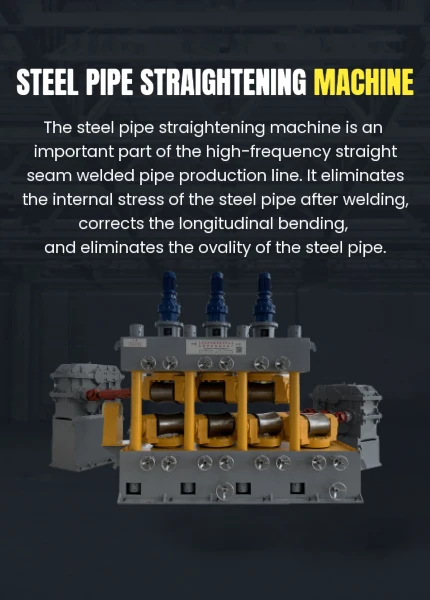Innovative Mobile Roll Forming Machinery for Efficient Metal Fabrication Solutions
The Evolution and Benefits of Mobile Roll Forming Machines
In the manufacturing industry, efficiency and flexibility are paramount for meeting the demands of a rapidly evolving market. One innovation that has gained significant traction is the mobile roll forming machine. These versatile units are designed to produce high-quality metal profiles efficiently while offering the convenience of mobility. This article delves into the evolution, functionality, and benefits of mobile roll forming machines.
Evolution of Mobile Roll Forming Machines
The journey of roll forming technology dates back to the early 20th century. Initially, traditional roll forming machines were large, fixed units that required a significant amount of space and setup time. However, as the industry progressed and the demand for prefabricated metal components surged, manufacturers recognized the need for more agile solutions. This led to the development of mobile roll forming machines that could be transported easily to various job sites.
These machines leverage advancements in technology, including automation and computer numerical control (CNC), to enhance precision and reduce waste. Modern mobile roll forming machines can produce complex shapes and profiles on-site, enabling companies to respond quickly to changing project requirements.
Functionality of Mobile Roll Forming Machines
Mobile roll forming machines operate by feeding metal coils through a series of rollers that shape the material into the desired profile. These machines are equipped with various cutting mechanisms, enabling them to produce finished products in real-time. Additionally, mobile roll forming setups often feature integrated systems that can manage quality control, ensuring that every piece meets stringent specifications.
One of the key features of these machines is their portability. Typically mounted on trailers or trucks, they can be transported to construction sites, reducing lead times and logistical complexities associated with transporting pre-manufactured components. This capability significantly enhances project efficiency, allowing construction teams to work with materials tailored to their specific requirements without unnecessary delays.
mobile roll forming machine

Benefits of Mobile Roll Forming Machines
1. Cost-Effectiveness By producing materials on-site, businesses can save on transportation costs and minimize waste. This is particularly beneficial for large projects where the required metal profiles can be intricate and extensive.
2. Flexibility Mobile roll forming machines can adapt to various projects and specifications. Whether the task involves creating roof panels, wall claddings, or structural components, these machines can be set up to meet diverse needs, providing manufacturers with a competitive edge.
3. Quality Control Producing components on-site allows for greater quality oversight. Manufacturers can conduct real-time inspections and make adjustments, ensuring that the finished products adhere to required standards.
4. Time Efficiency The ability to manufacture components on-site drastically reduces the time between production and installation. This is crucial in the construction industry, where delays can lead to increased costs and project overruns.
5. Sustainability As the emphasis on sustainable building practices grows, mobile roll forming machines offer an eco-friendly solution by minimizing material waste and reducing the carbon footprint associated with transportation.
In conclusion, mobile roll forming machines represent a significant advancement in flexible manufacturing solutions. Their ability to deliver high-quality, customized metal profiles directly at job sites revolutionizes the way construction projects are approached. As technology continues to evolve, the applications and capabilities of these machines are likely to expand, further solidifying their role in the future of manufacturing and construction. Through their efficiency, flexibility, and sustainability, mobile roll forming machines are poised to redefine industry standards in the years to come.
-
High Frequency Straight Seam Welded Pipe Production Line-BzZhou Xinghua Machinery Equipment Manufacturing Co., LTD.|line pipe steel&welded gas pipeNewsJul.30,2025
-
High Frequency Straight Seam Welded Pipe Production Line-BzZhou Xinghua Machinery Equipment Manufacturing Co., LTD.|High Precision&Automated SolutionsNewsJul.30,2025
-
High Frequency Straight Seam Welded Pipe Production Line - BzZhou Xinghua Machinery Equipment Manufacturing Co., Ltd.NewsJul.30,2025
-
High Frequency Straight Seam Welded Pipe Production Line-BzZhou Xinghua Machinery Equipment Manufacturing Co., LTD.|Precision Welding, High EfficiencyNewsJul.30,2025
-
High Frequency Straight Seam Welded Pipe Production Line|BzZhou Xinghua|Precision Welding&EfficiencyNewsJul.30,2025
-
High Frequency Straight Seam Welded Pipe Production Line - BzZhou Xinghua|Precision Engineering&EfficiencyNewsJul.30,2025


